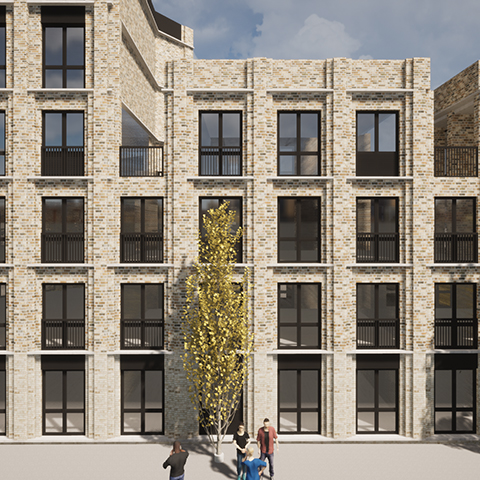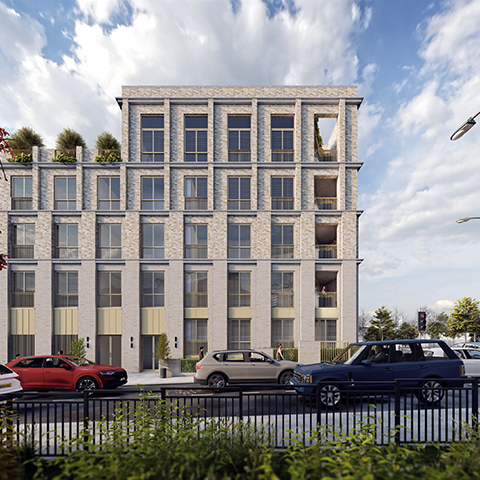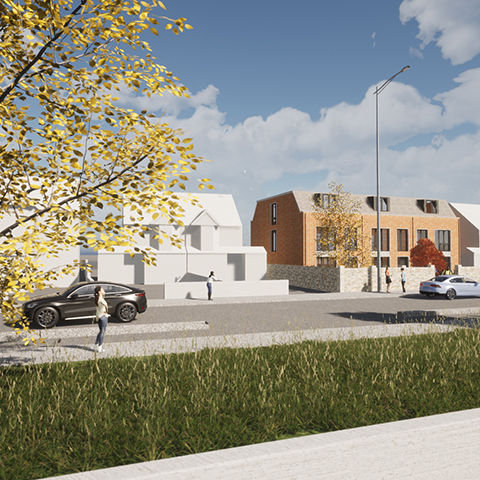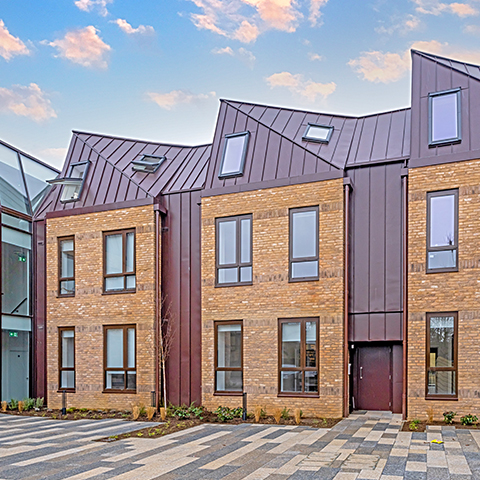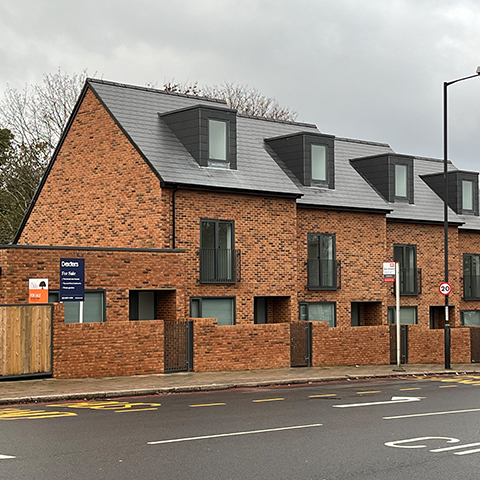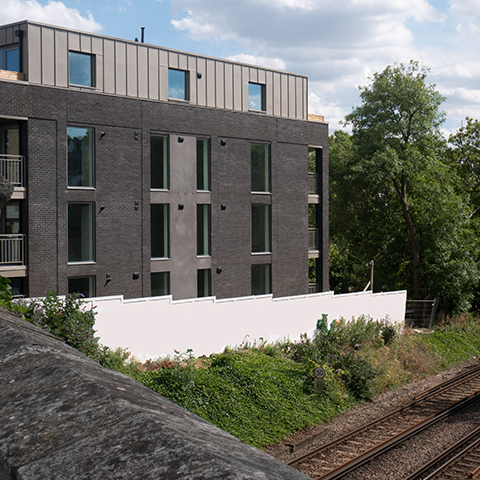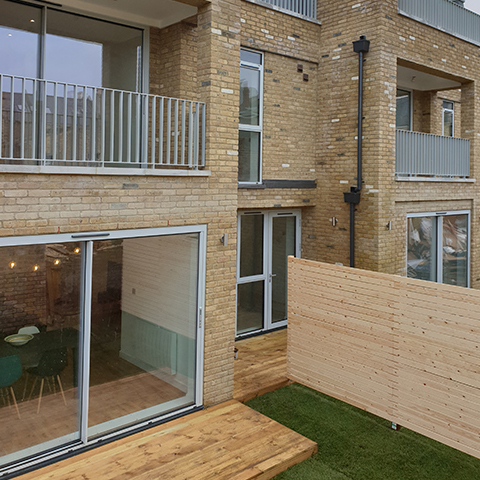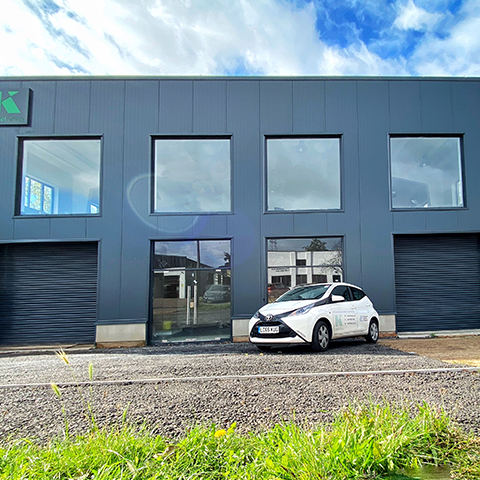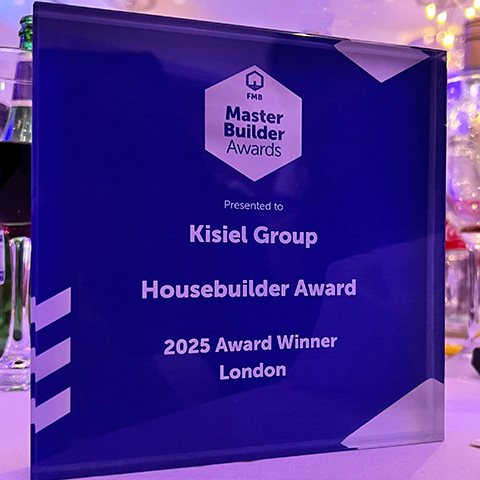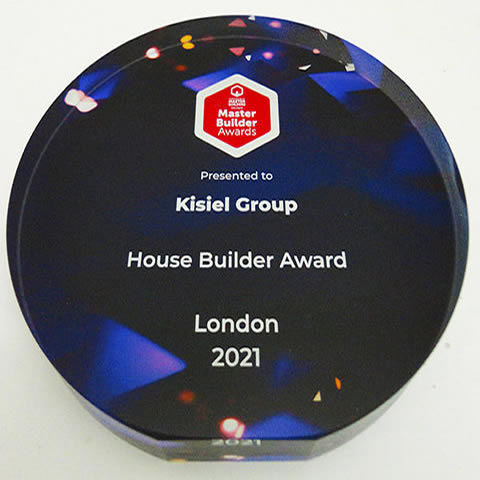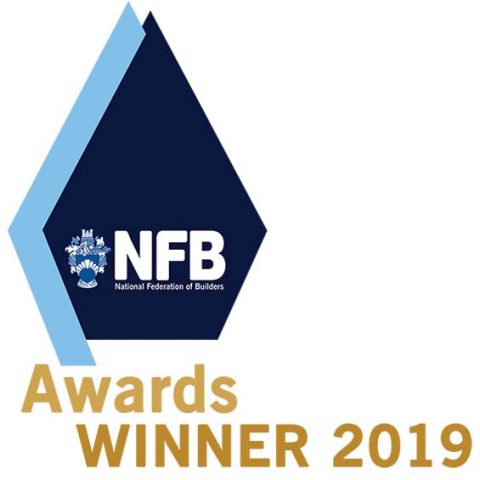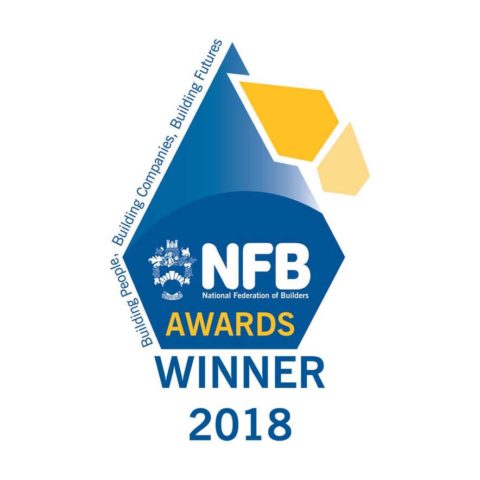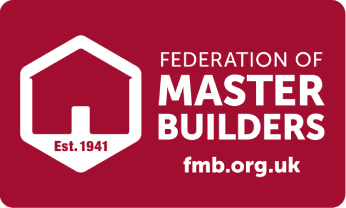Building regulations – what you need to know.
It can appear a bit daunting. The knowledge that it is a legal requirement, and you could face time delays, be required to re-do work or even pay unlimited fines for non-compliance, does not help.
You cannot be expected to know all the complexities but actually, the concept of building regulations is quite straightforward. Building regs are a practical control to ensure that your building complies with a set of minimum building standards. It is implementing the standards that requires an in-depth knowledge so that at the end of the process you will be issued with a Building Control Completion Certificate. This is one of the essential documents that you will need to achieve Practical Completion.
Here’s a quick guide to Building Regulations!
Do I need building regulations?
You are likely to need to adhere to building regulations if you:

- Construct a new building
- Change or make bigger a building that already exists
- Change the use of a building that is already built
- Alter the building services if they are either what is called a ‘controlled service’ or a ‘controlled fitting’ (these are in respect of sanitation, hot water safety, water efficiency, drainage and waste disposal, combustion appliances and fuel storage, conservation of fuel or power and electrical safety).
When did the building regulations come into force?
- the Building Act 1984 – whose aim is to enforce the law controlling building in England,
- the Building Regulations 2010 – which has more detail about building work
- the Building (Approved Inspectors etc.) Regulations 2010 – which regulates Approved Inspectors.
As we are referring to property development in London, we are only talking about building regulations in England – there are slightly different rules for Wales, Scotland, and Northern Ireland.
It is worth noting that following the recent independent Review of Building Regulations and Fire Safety, the government intends to introduce legislation to deliver a new Building Safety Regulator who will be responsible for a more stringent regulatory regime for higher risk residential buildings. They will also have oversight of safety and performance across all buildings. The new Fire Safety Bill and other regulatory changes will ensure that the recommendations from the Review will be implemented.
Requirements of the building regulations
Building work needs to comply with a list of regulations which set out the standards by which a building is to be constructed. There are 15 technical requirements which are the rules that must be followed in the construction of a building, as listed below:
| Part A | Structure |
| Part B | Fire Safety |
| Part C | Site preparation and resistance to contaminants and moisture |
| Part D | Toxic substances |
| Part E | Resistance to the passage of sound |
| Part F | Ventilation |
| Part G | Sanitation, hot water safety and water efficiency |
| Part H | Drainage and waste disposal |
| Part J | Combustion appliances and fuel storage systems |
| Part K | Protection from falling, collision and impact (includes glazing safety) |
| Part L | Conservation of fuel and power |
| Part M | Access to and use of buildings |
| Part P | Electrical safety |
| Part Q | Security |
| Part R | Physical infrastructure for high-speed electronic communications networks |
You can see that it is a comprehensive list of regulations covering all aspects of constructing or altering a building.
The Building Control process
Building control services are there to check that the building work complies with current Building Regulations and other associated legislation. This work is undertaken by building inspectors. You have a choice as to the building control body that you select:
- a Local Authority building control – under Building Regulations 2010
- a licensed Approved Inspector – under the legislation of the Building (Approved Inspectors etc) Regulations 2010.
If your work has not yet started you can select either of the above options – but if you have already started work, you will need to use the Local Authorities building control. So, it is important to think about this decision at the very start of your project.
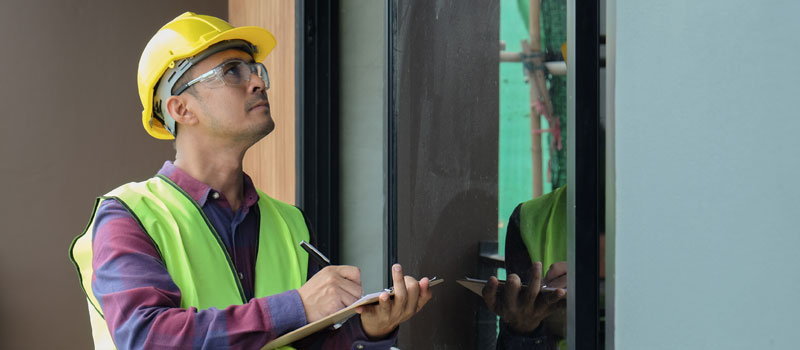
Do I need to notify someone?
You will need to notify or get approval from a building control body if the works you are carrying out are controlled by Building Regulations. This is different from planning permission or listed building consent. If you are not sure – ask the building control body prior to starting any works. You are unlikely to be exempt from the requirement of Building Regulations on a large property development.
So, what is your next step?
Make a choice as to Local Authority Inspectors or Approved Inspectors
Local Authority Building Control
This building control body will require you to send an application with full plans and building regs drawings. They will make a substantive assessment of the plans and consult with the fire authority and sewerage undertaker (if required) before deciding as to whether to approve or not. How long does it take to get approval? Unless otherwise agreed, they are required to advise you within five weeks. This can be extended with your agreement to two months.
You will receive an inspection framework to which you must comply by notifying them at each stage so that they can inspect before you proceed with the next stage.
Approved Inspectors
The difference when you appoint an Approved Inspector is that you and the inspector must jointly notify the Local Authority with one initial notice. It is critical that this notification is given at least 7 days before the work commences. You must also confirm that the inspector is approved and holds the appropriate professional and public liability insurance.
An Approved Inspector is in a position to respond more quickly to you, as they do not have to work within set time frames which can give you a beneficially faster response. When the building notice is accepted by the Local Authority you can agree a site inspection plan with your Approved Inspector. They will still need to consult with the fire authority and the sewerage undertaker in the same way that the Local Authority building control process.
Whether you chose Local Authority Building Control Inspector of an Approved Inspector – both will give lots of advice and ask testing questions helping you to find the best solutions.

Building control inspection stages
Here is an example of typical stages that would be required for a development project for a block of apartments.
- Commencement
When you start the building works, it is statutory requirement that the Building Control discusses the project with you and checks that the site is as shown.
- Excavations for footings
Inspection will be made to ensure that the ground is strong enough for the building to be supported. The checks include but are not limited to drains and manholes, any signs for filled ground, the depth of foundations required, and the positioning of any trees.
- Inspection of any Reinforcement
The reinforced footings check is for buildings of a number of storeys to confirm that the structure will be adequately supported.
- Damp proof course (DPC)
The DPC on the brickwork will be inspected to ensure that the correct materials have been used and that it is wide enough to prevent water rising up from the ground and sufficient height from the ground level.
- Oversite
This stage checks under the floor before the concrete is poured to cover the area. Checks can include:
- hardcore to ensure it is made up of non-absorbing materials
- a suitable damp-proof membrane (DPM) laid under the concrete slab
- internal drainage
- and floor insulation.
- Additional inspections for each storey
On a residential project involving the building of multiple apartments, you will need to have additional checks to inspect any other reinforcements prior to concrete pour (e.g. Reinforced concrete columns, Beams and Floor slabs) and also to inspect steelwork on each floor as work progresses.
- Drainage alignment and fall
This for the external drainage outside of the property
- Pre-plaster boarding
This involves the inspection of work that will be hidden, such as steelwork, services and anything which will not be visible once the plaster boarding is fitted.
- Drainage test
Initially this will be a pressure test and if successful that is usually all that is required. However, if this test should fail, then a smoke test may be requested.
- Partial sign off on completion of works within one section of the building
This is needed if you intend, for example, to create a show apartment to start the selling process whilst work continues in other parts of the building. The building inspector will inspect this designated area to ensure that all works are deemed to be safe and to the minimum standard. This is statutory requirement and means you can achieve a partial sign off.
- Final sign off on completion of works
If you have taken partial possession, the remainder of the building is checked. This is a statutory requirement to check for fire precautions, ventilation (rooms and roof voids), waste, roof and insulation, staircases, and glazing.
After each inspection, you will get a written report confirming that you have met the standards.
This schedule is critical and MUST be followed. You cannot miss a stage as the building inspectors have the power to request works to be opened up so that they can fully inspect. Undoing work already completed and then duplicating the work after the inspection is passed will only cause delays and create extra costs.
Scheduling the inspection stages in advance means you do not have to halt works while waiting for the inspector to attend. A good construction company will bring their experience to this process to avoid delays.
Meeting the technical requirements

Complying with technical requirements means that the work must be carried out with adequate and appropriate materials and completed in a ‘workmanlike’ manner.
Guidance on how you meet legal requirements are explained in the approved documents which give guidance for common building scenarios. It includes the legal regulations which you are obliged to follow and guidance which you may or may not choose to follow.
However, if there is an unusual aspect to the works the approved documents may not give the full guidance needed and so there are other ways to demonstrate compliance with building regulations such as guidance from recognised standards bodies, industry codes, manufacturer’s technical literature are a few to mention.
At the end of the day, the construction company has the responsibility of carrying out the building works in compliance with the building regulations which is why you rely on their expertise. The building control inspector is there to inspect the work at the critical stages acting as a monitoring body and who will assess the works, checking for faults or non-compliance.
More detail on building regulations can be found in the Manual to the Building Regulations – A code of practice for use in England, in the link below:
www.gov.uk/guidance/building-regulations-and-approved-documents-index
How much does Building Regulations cost?
Each Local Authority will publish their fees on their website. They are required to set their charges within a framework approved by the government. Usually that is a charge for the assessment of the design prior to works starting and a separate charge for the inspection schedule.
Approved Inspectors will provide a quotation specific to your project which will be based on the complexity of the works, the location, the value of the works and other applicable factors.
Completion Certificates
You will receive a Completion Certificate from the Local Authority building control or a Final Certificate from an Approved Inspector. This document is a valuable piece of paper as it confirms that the building complies with the Building Regulations. This is one of the essential documents that you will need to achieve Practical Completion.
It is interesting to note that only a Local Authority Building Inspector has the powers of enforcement. If the works are being monitored by an Approved Inspector, they are obliged to hand the project over to the Local Authority if there are problems which cannot be resolved.
However, if you had building regulations approval at the start and you have constructed the building as per the drawings you should meet building regulations. This is where your choice of a construction company is important so that you can be confident that you have the correct expertise on your project to navigate the building control process.


